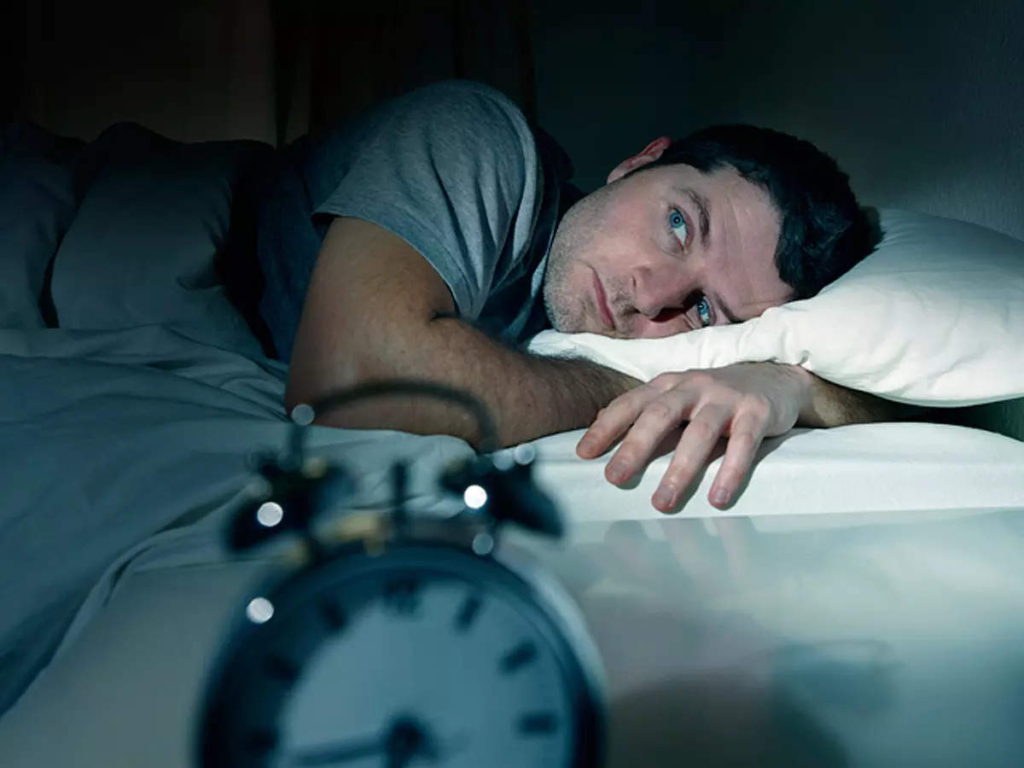Sleep is crucial for physical and mental well-being, but in the digital age, people are facing significant sleep deprivation. Factors such as lifestyle, biological processes, and the environment play a role in affecting sleep patterns. However, an emerging factor contributing to sleep disruption is “screen time” and the exposure to blue light emitted by electronic devices.
The Melatonin Connection
Melatonin, a hormone that regulates sleep, plays a pivotal role in our sleep-wake cycle. Normally, our brain releases over 80% of melatonin in the evening when the sun sets, signaling the body that it’s time to sleep. However, exposure to blue light from electronic devices tricks the brain into thinking it’s still daytime, leading to a delay or reduction in melatonin production, ultimately disrupting sleep.
3S for Good Sleep
To protect our sleep from technology’s adverse effects, it’s essential to adopt three key strategies in our lifestyle:
1. Screen Time
- Children under two years old should have no screen time at all.
- Children from two to five years old should have no more than one hour of screen time per day.
- Children from six to 17 years old should have no more than two hours of screen time per day.
- While there are no specific guidelines for adults, it’s advisable to limit overall sedentary time, including digital device usage, to less than six hours per day.
2. Sunlight Exposure
- Spend time outdoors in the morning and afternoon.
- Sunlight helps shift our body’s internal clock forward, promoting alertness during the day.
- In the evening, as the sun sets, our body’s clock naturally shifts back, inducing sleepiness.
3. Sleep Schedule
- Maintaining a consistent sleep schedule is crucial for regulating the body’s internal clock.
- Going to bed and waking up at the same time each day helps keep the body’s clock in sync.
- A bedtime routine can signal to the body that it’s time to wind down and prepare for sleep.
The Alarming Sleep Statistics

A recent survey revealed that India ranks as the second-most sleep-deprived country in the world, with over 50% of adults not getting enough sleep. The average Indian sleeps for only six hours and 47 minutes per night, significantly less than the recommended seven to eight hours.
Sleep deprivation is a serious health issue in the digital age, and it’s imperative for individuals to take action to protect their sleep from technology’s negative impact. By understanding the importance of melatonin, limiting screen time, embracing sunlight exposure, and maintaining a consistent sleep schedule, people can improve their overall sleep quality and well-being.
The Hindustan Herald Is Your Source For The Latest In Business, Entertainment, Lifestyle, Breaking News, And Other News. Please Follow Us On Facebook, Instagram, Twitter, And LinkedIn To Receive Instantaneous Updates. Also Don’t Forget To Subscribe Our Telegram Channel @hindustanherald











































